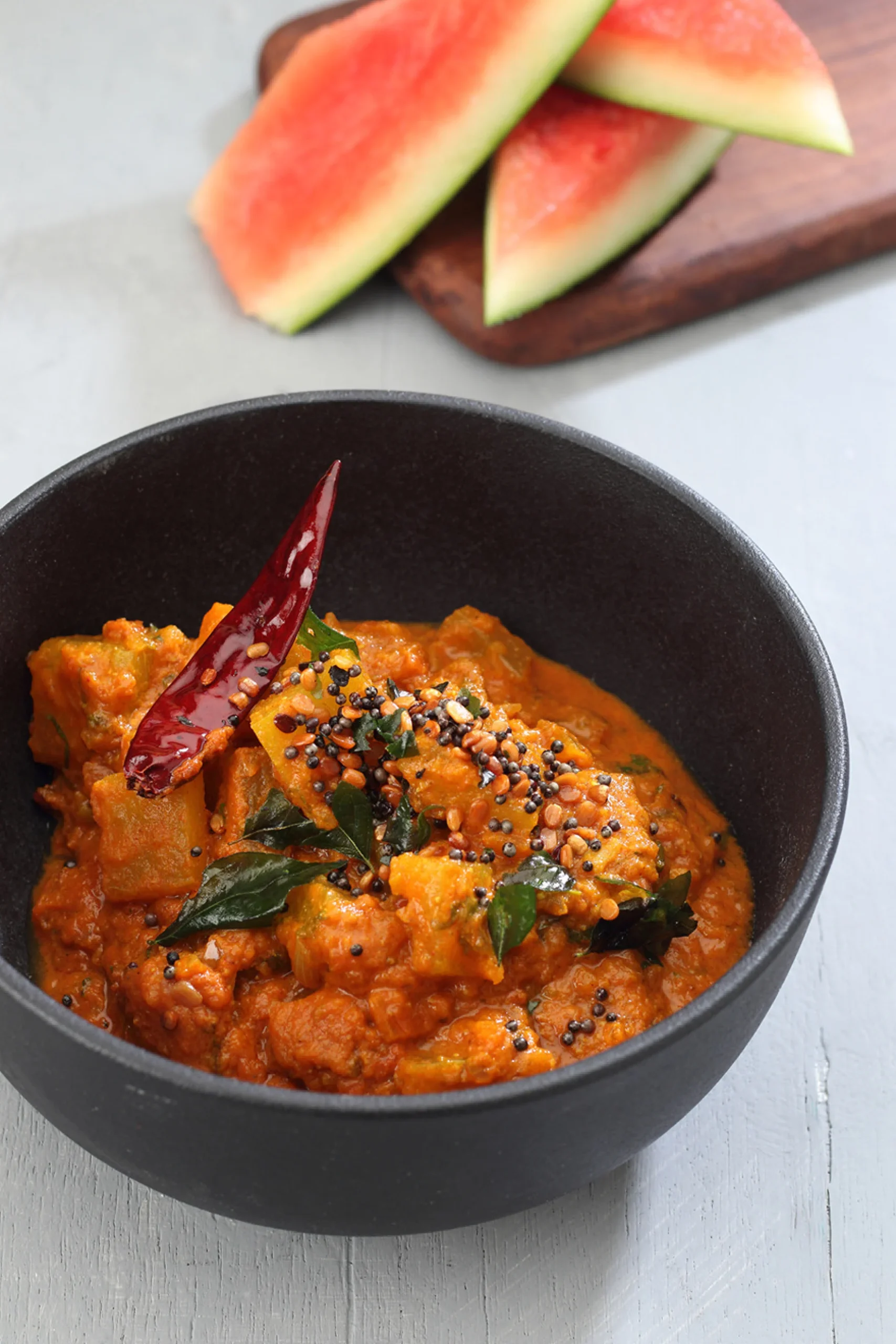A staggering 931 million tonnes of food is wasted each year worldwide, with 68.7 million tonnes of it coming from Indian households alone, as per a 2022 United Nations report. This level of wastage has detrimental consequences, from biodiversity loss to pollution and increased carbon emissions. However, in response to this global issue, chefs worldwide, particularly in India, are inventively repurposing waste into nutritious and tasty dishes.
Sustainable cooking practices are deep-rooted in traditional Indian culture, with methods like turning scraps into chutneys, curries, and pickles; fermenting and drying surplus produce; making rotis from leftover lentils; and utilizing all parts of an animal. Though fast food’s advent and people’s fast-paced lives have caused these practices to dwindle, there’s been a recent renaissance in mindful cooking and waste utilization.
Today, many Indian chefs are leveraging locally sourced grains and vegetables, repurposing food waste, composting, and avoiding plastic packaging. They’re adding scraps to soups and sauces, infusing peels into jams, and incorporating seeds into gravies. Notably, many hotels now have their kitchen gardens and enforce no-bin days.
Among the prominent zero-waste advocates is Goa and New Delhi-based chef Radhika Khandelwal, who began her journey in food activism in 2008 by measuring food waste from her two restaurants, Fig & Maple. Gradually, she started transforming these waste materials into delectable dishes using all parts of the produce.
Delhi-based chef Anahita Dhondy and Vanshika Bhatia, listed among Condé Nast Traveller’s 40 under 40 Chefs in 2020, educate their social media followers about food waste reduction and innovative repurposing of leftovers. Likewise, Rahul Sharma from Bangalore’s Araku Coffee cafe creatively repurposes ingredients that would otherwise be discarded, promoting recycling and reusable packaging.
Davinder Kumar, executive chef at Le Meridien in New Delhi, who has been in the food industry for over four decades, advocates for zero-waste kitchens and cooking. He authored the book ‘Second Meals,’ which contains 150 recipes that utilize vegetable and fruit scraps to maximize nutrition and minimize food wastage. Through seasonal menus, small plate offerings, and staff education, he aims to shift the mindset surrounding food wastage, particularly in the context of India’s big weddings and buffets.
In conclusion, these Indian chefs are leading the charge in embracing zero-waste practices, a return to tradition while fostering sustainability. They’re not only reimagining waste into culinary delights but also inspiring a new generation towards more conscious, sustainable food habits.
READ MORE:
